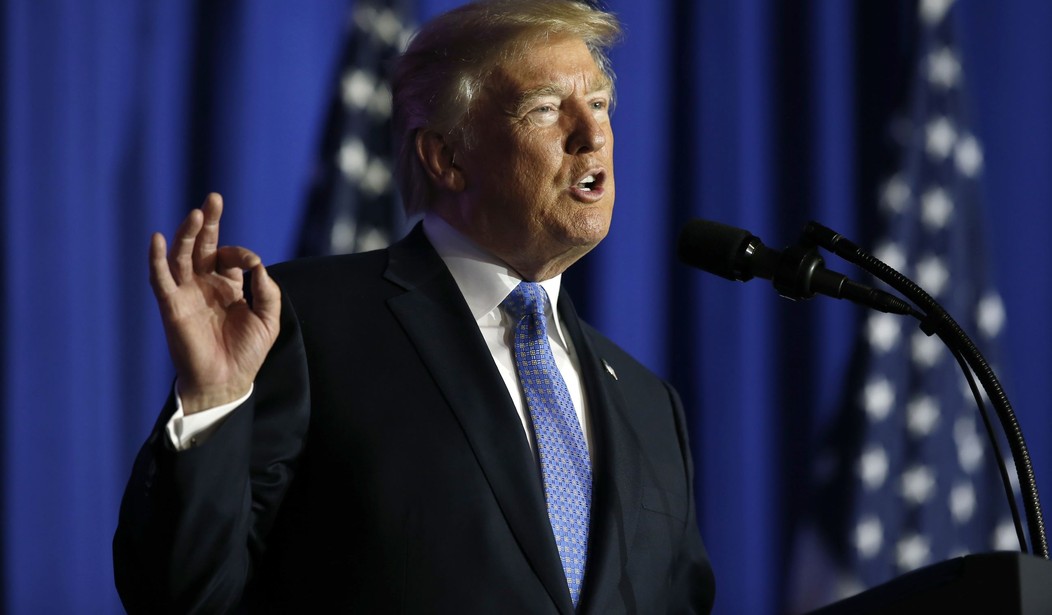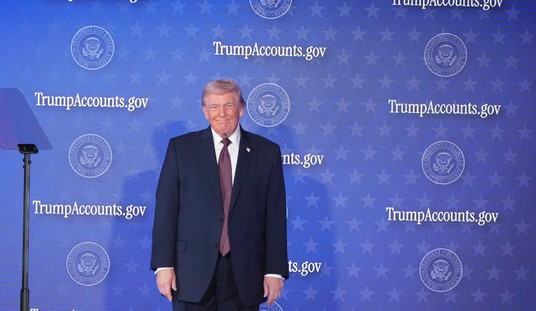Federal income tax was first introduced under the Revenue Act of 1861 to help defray war costs. Congress repealed the tax in 1871 when the need for government revenue declined, only to restore it in 1894 as part of the Wilson-Gorman Tariff Act. The public policy debate surrounding the constitutionality of income tax has been going on ever since.
Given the government's inventive ways of taking our money and spending it irresponsibly, Congress and enough states took care of the unconstitutional part in 1913 with the passage of the 16th Amendment.
The federal government has since raised more money than any government has likely ever raised while spending more money than any government has ever spent. But the money exits the treasury door just as fast as it comes in.
Congress does not need more of our money. It needs to control spending.
As I have argued in previous columns, the current debate over tax legislation starts at the wrong end. Politicians want us to accept that some people aren't paying "enough." This keeps the debate focused on those who work to earn the money, rather than on politicians who cynically misspend it, in large part to keep themselves in office.
It is spending, not taxes, that needs to be reformed, but few want to give up their government "benefits." Ever try getting information from a government office? And yet people continue to turn to government, even though it does few things well.
In the debate over tax cuts, President Trump seems to be yielding to the class warfare crowd, which believes "the rich" ought to pay more, and the bottom 50 percent should pay even less. A better idea would be to require every American to pay something. Even street panhandlers, some of whom receive tax-free money through welfare benefits, should have some skin in the game.
Recommended
For any real tax reform to occur, the philosophy behind wealth and income must change. A rich person doesn't deprive me of money or the opportunity to improve my financial circumstances. There is not one pot of money from which all must draw. We used to teach people how to create their own "pots," but now we teach envy, greed and entitlement, an unholy financial and ideological "hat trick" that improves no one's life.
If you are middle class or poor, how does taxing rich people benefit you? Does envying the wealthy improve your economic status?
I have never envied the rich. As a college student, I wanted to know how people became rich, or at least independent of government. Politicians, egged-on by people like Warren Buffet and Bill Gates, make public statements about their wealth that sound like apologies. Their success should instead teach others.
In my grandparents' day, one was expected to live within one's means, work hard, save and invest wisely, avoid debt and not covet what your neighbor has (see the Tenth Commandment). This was not only good economic advice but a reflection of one's moral character. During World War II, neighbors would never think of borrowing more than a cup of sugar or a few ration stamps for fear people would believe them irresponsible. Neighbors and religious institutions were expected to help the truly needy, not government.
Sen. Marco Rubio (R-FL) was on to something when he said: "We don't need new taxes. We need new taxpayers, people that are gainfully employed, making money and paying into the tax system. And then we need a government that has the discipline to take that additional revenue and use it to pay down the debt and never grow it again."
I would start with the second part of his proposal. If followed, the government would not only not need more of our money it might be forced by voters to give some of it back.

























Join the conversation as a VIP Member